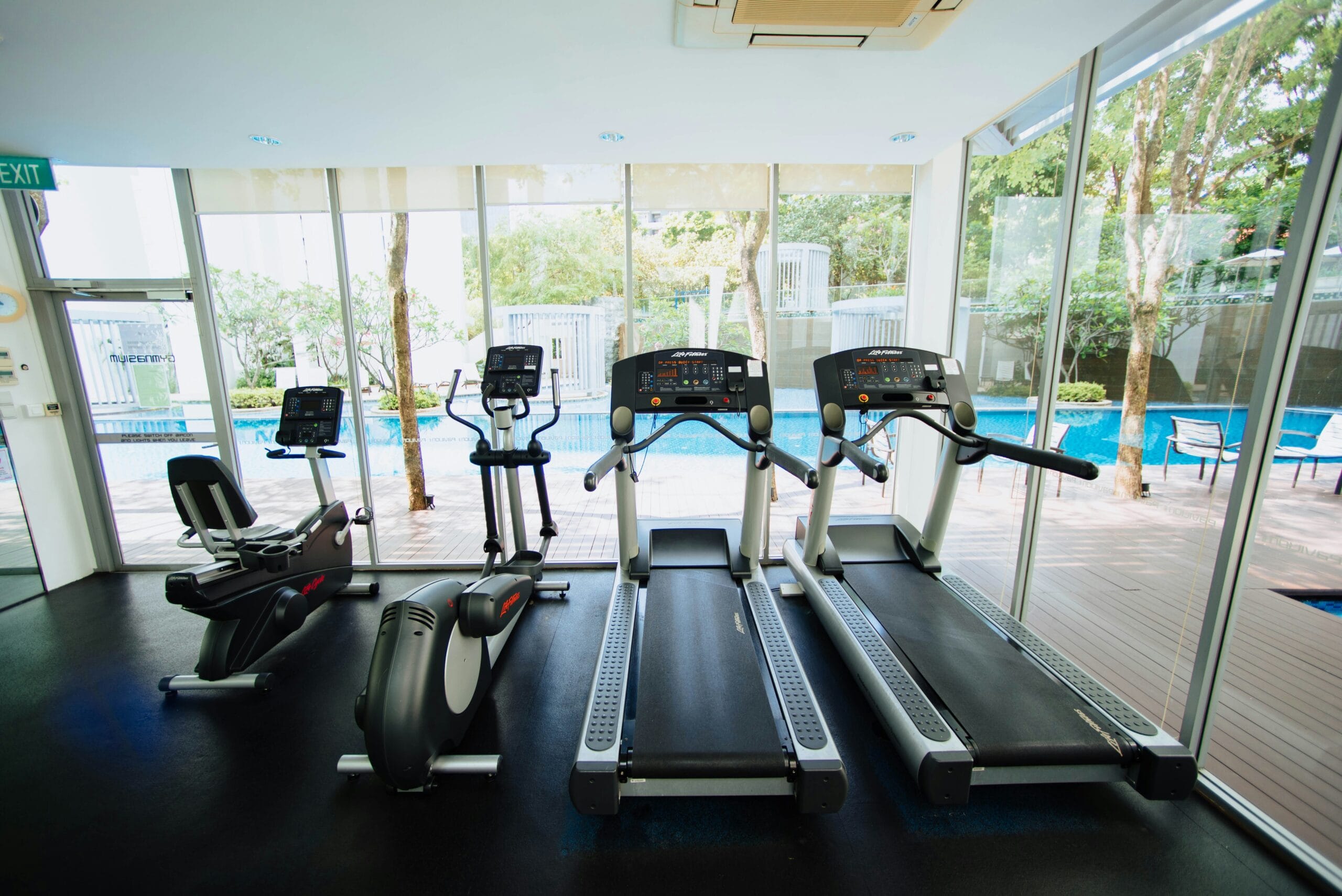
We often hear about the importance of doze, but do we truly understand its power? In a world that thrives on productivity and fast-paced living, sleep is often overlooked as a fundamental pillar of health and energy. Let’s dive into why quality sleep is your most effective energy booster and how you can harness it to transform your day-to-day life.
The Role of rest in Energy Restoration
nap is not just a passive state where your body shuts down; it’s an active process where your brain and body recover, rebuild, and recharge. Without proper, it’s like running on a battery that’s never fully charged. But how exactly does rest restore your energy?
-
-
- Cellular Repair: During deep nap, your body repairs tissues, regenerates cells, and strengthens your immune system. This process ensures your body functions at its peak the next day.
-
- Brain Detoxification: While you sleep, your brain clears out waste products through the glymphatic system. This “cleaning crew” helps maintain mental clarity and focus.
-
- Hormonal Balance: Sleep regulates hormones like cortisol (stress hormone) and insulin. Poor relax disrupts this balance, leaving you fatigued and sluggish.
How Poor Sleep Drains Your Energy
Not getting enough nap is like starting your day with a half-charged phone. Here’s how poor sleep wreaks havoc on your energy levels:
-
-
- Mental Fatigue: Without sufficient rest, your brain struggles to process information, resulting in reduced focus and slower decision-making.
-
- Physical Exhaustion: Muscles don’t get the recovery time they need, leading to feelings of physical fatigue even without heavy activity.
-
- Mood Swings:snooze deprivation affects your emotional state, making you irritable, anxious, and less motivated to tackle the day.
Deep vs. Lightnap: What Matters More?
Not all Doze is created equal. The quality of your nap depends on how much time you spend in deep sleep and REM sleep (Rapid Eye Movement).
-
-
- Deep rest: This stage is critical for physical recovery. Your heart rate slows, muscles relax, and the body focuses on repai
-
- REM Sleep: This is where dreaming occurs, and your brain processes emotions and consolidates memories. It’s essential for mental and emotional well-being.
Skipping these stages due to disrupted sleep patterns or insufficient hours can significantly reduce the restorative effects of nap.
The Link Between Sleep and Productivity
Here’s a fact: better nap equals better performance. Studies show that well-rested individuals perform better at work, make fewer mistakes, and are more creative. Why? Because relax boosts:
-
- Problem-Solving Skills: A well-rested brain is better at thinking critically and coming up with innovative solutions.
-
- Emotional Stability: Good rest helps regulate emotions, making you more resilient in stressful situations.
Tips to Maximize Your Sleep for Energy
Improving your nap doesn’t have to be complicated. Here are actionable tips to help you get the most out of your rest:
-
-
- Stick to a Schedule: Going to bed and waking up at the same time every day helps regulate your internal clock.
-
- Create a Sleep-Friendly Environment: Keep your bedroom dark, quiet, and cool. A clutter-free space promotes relaxation.
-
- Limit Screen Time Before Bed: Blue light from phones and laptops can interfere with melatonin production, delaying rest.
-
- Watch What You Eat: Avoid heavy meals, caffeine, and alcohol close to bedtime, as they can disrupt nap.
- Incorporate Relaxation Techniques: Practices like meditation, deep breathing, or even reading a book can help calm your mind before bed.
How Much nap Do You Really Need?
The magic number often cited is 7-9 hours, but it’s not just about quantity—it’s about quality. Pay attention to how you feel throughout the day. If you’re constantly tired, it may be time to reassess your rest habits, even if you’re clocking the hours.
The Napping Connection
While nighttime rest is the gold standard for recovery, naps can also play a vital role in boosting energy during the day. A quick 20-minute nap can:
However, avoid napping too late in the day, as it can interfere with your nighttime sleep.
The Long-Term Benefits of Prioritizing rest
Investing in better nap isn’t just about feeling good the next day; it’s about long-term health and energy. Consistently good relax:
Common Myths About rest Debunked
Let’s clear up some misconceptions:
-
- “I function fine on 4 hours of sleep.” You might feel okay, but long-term rest deprivation impacts your health in ways you may not realize.
Conclusion: Sleep is Non-Negotiable
In the quest for more energy and better productivity, don’t overlook the power of quality sleep. It’s not just a luxury—it’s a necessity. By making sleep a priority, you’re not just recharging your body and mind; you’re setting yourself up for long-term success and well-being.
Remember, better sleep means a better you. So tonight, put away the distractions, dim the lights, and give your body the rest it deserves









